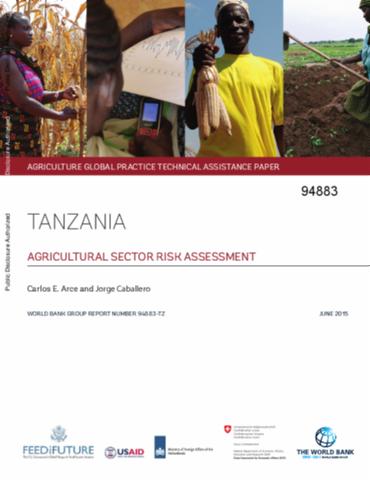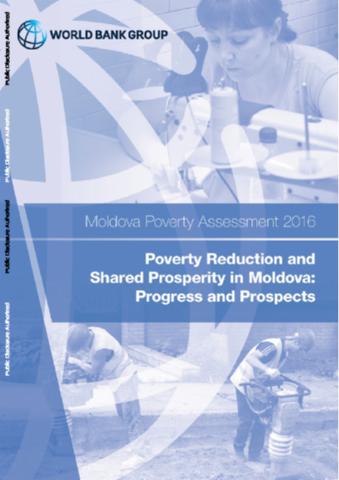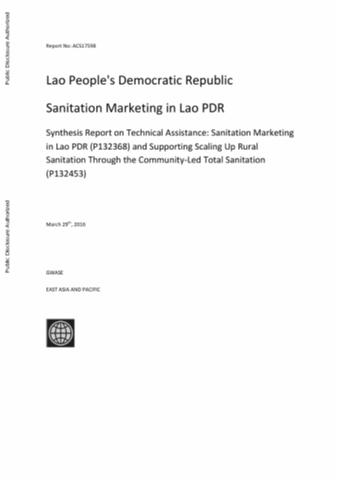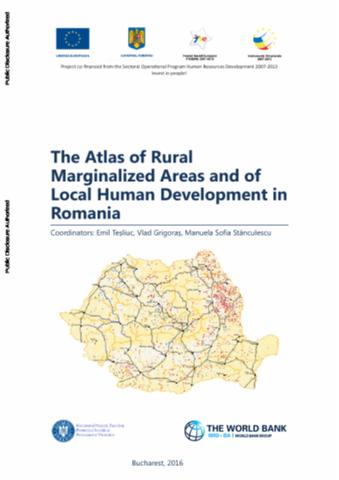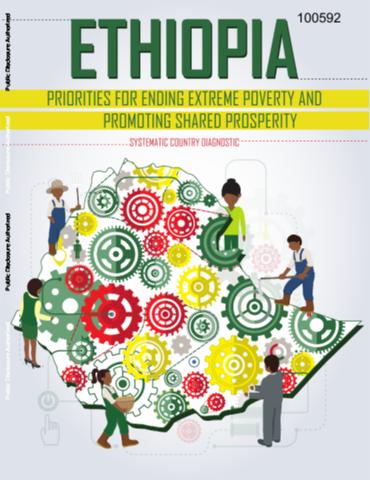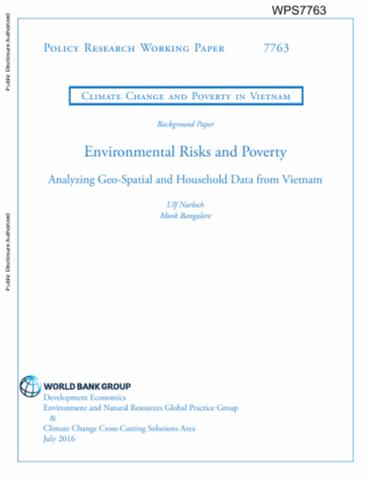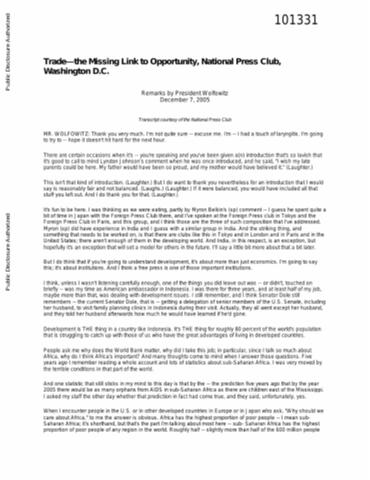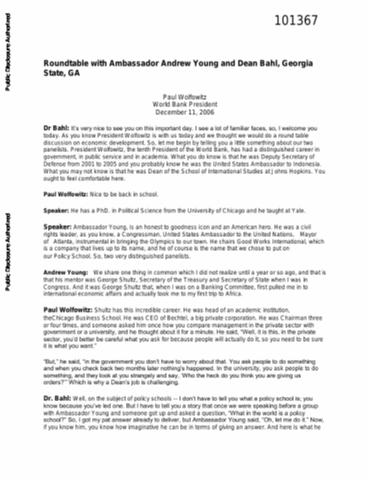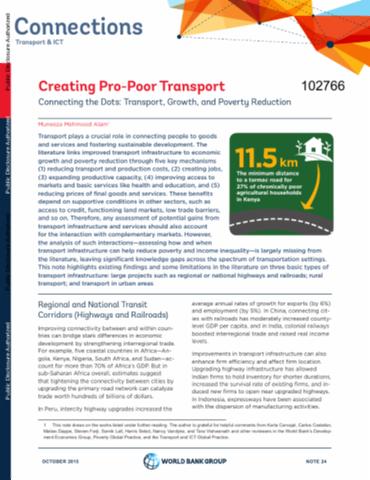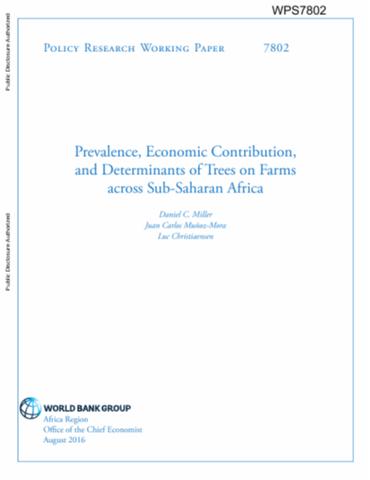Políticas de Género e Feminização da Pobreza em Moçambique
A igualdade de género e o empoderamento das mulheres têm desde há muito feito parte da agenda internacional do desenvolvimento, e mais ainda desde a Conferência de Beijing em 1995 e da apresentação da noção de “integração do género” (UN/DAW 2008). A questão penetrou também nas políticas nacionais de desenvolvimento, tornando-se parte integrante da maioria dos planos de


